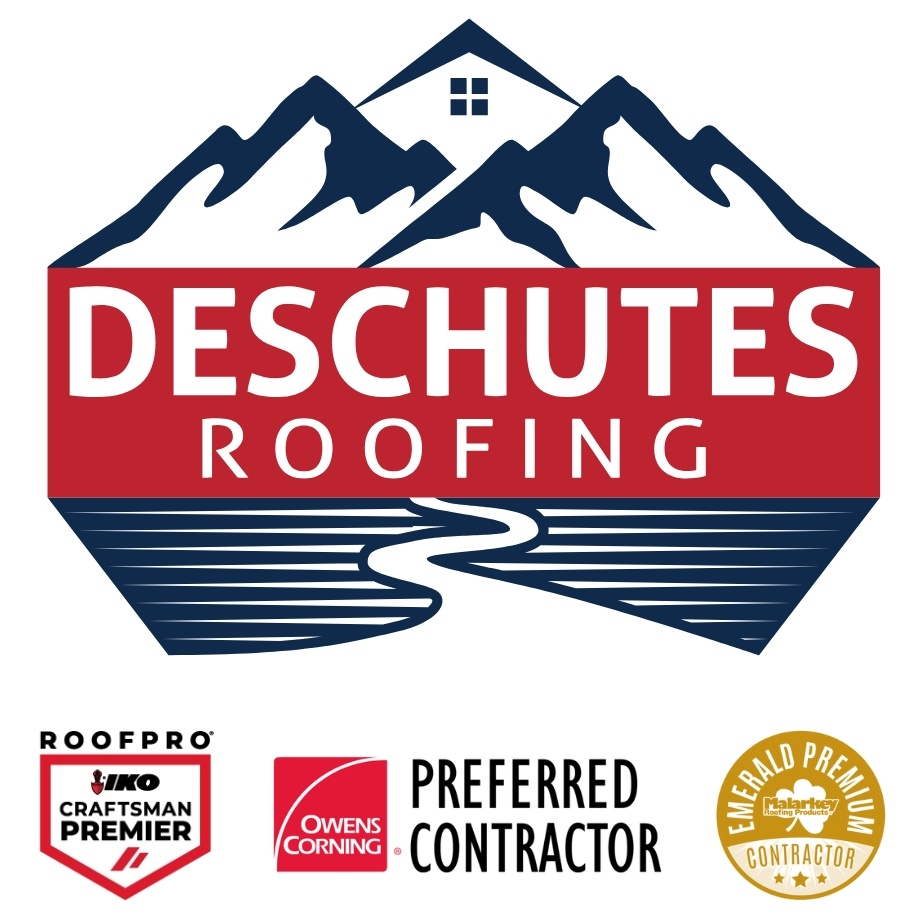A commercial roof warranty is a legal relationship between the roof material manufacturers, roofing contractors and the property owners. The warranty should state the specifications of how the roof will perform, and guarantee that it will perform within the defined conditions. The warranty also states how the roof will be remedied if it fails to perform as stated, and how it can be voided if the roof does not meet certain conditions such as the amount of maintenance needed. For instance, if the accumulated ice and snow on your roof’s gutters have somehow collapsed and led to costly damage, the warranty will likely become void if preventive measures such as snow dam removal weren’t performed in time.

Understanding commercial warranties can be confusing. In this post, we’ll share a simple guide on how commercial roof warranties work so you’ll have a clearer understanding of how your roof’s warranty can be utilized.
Types of Warranties
There are two main categories of commercial roof warranties: manufacturer warranties and roof contractor warranties. You should hold both copies of the warranties as a property owner or manager. Knowing the terms of each warranty can help you decide which materials to use and who should install them.
- A manufacturer’s warranty can cover any defective products under the proper use during its warranty period, even if it costs more to replace the defective materials. Aside from defective products, premature deterioration also falls under this.
- Roofing contractor warranties cover the workmanship done on the roofing project. Having high-quality materials won’t be that effective unless it was installed professionally. This warranty covers the work needed to install the manufacturer’s products, as well as the products your locally trusted GAF roofer uses during the roofing installation process.
Warranty Responsibilities and Repairs
The manufacturer of your roofing materials is responsible for replacing any of its defective products free of charge so long as it’s within the stated conditions of the warranty. But keep in mind that they’re not responsible for replacing the defective materials supplied by the roofing contractor. The manufacturer is also not responsible for products prematurely damaged from poor workmanship done by the hired contractor.
Meanwhile, the roofing contractor is responsible for repairing or replacing defective materials that they supply. They’re also responsible for the needed labor to fix the poor workmanship of the roofing project free of charge for the duration of the warranty period. Finally, the property owner or the owner’s representative is responsible for any costs not covered by the warranties of both the manufacturer and contractor. They’re responsible for maintaining the roof as well, which means annual inspections to ensure that the warranted materials are in good condition.
Whether you need a professional to conduct a professional roof inspection or if you need a proper snow removal on your commercial roof, you can count on the reliable services offered by Deschutes Roofing & Insulation. Call us today at (541) 728-0004, or you can conveniently reach us through our online request form.










